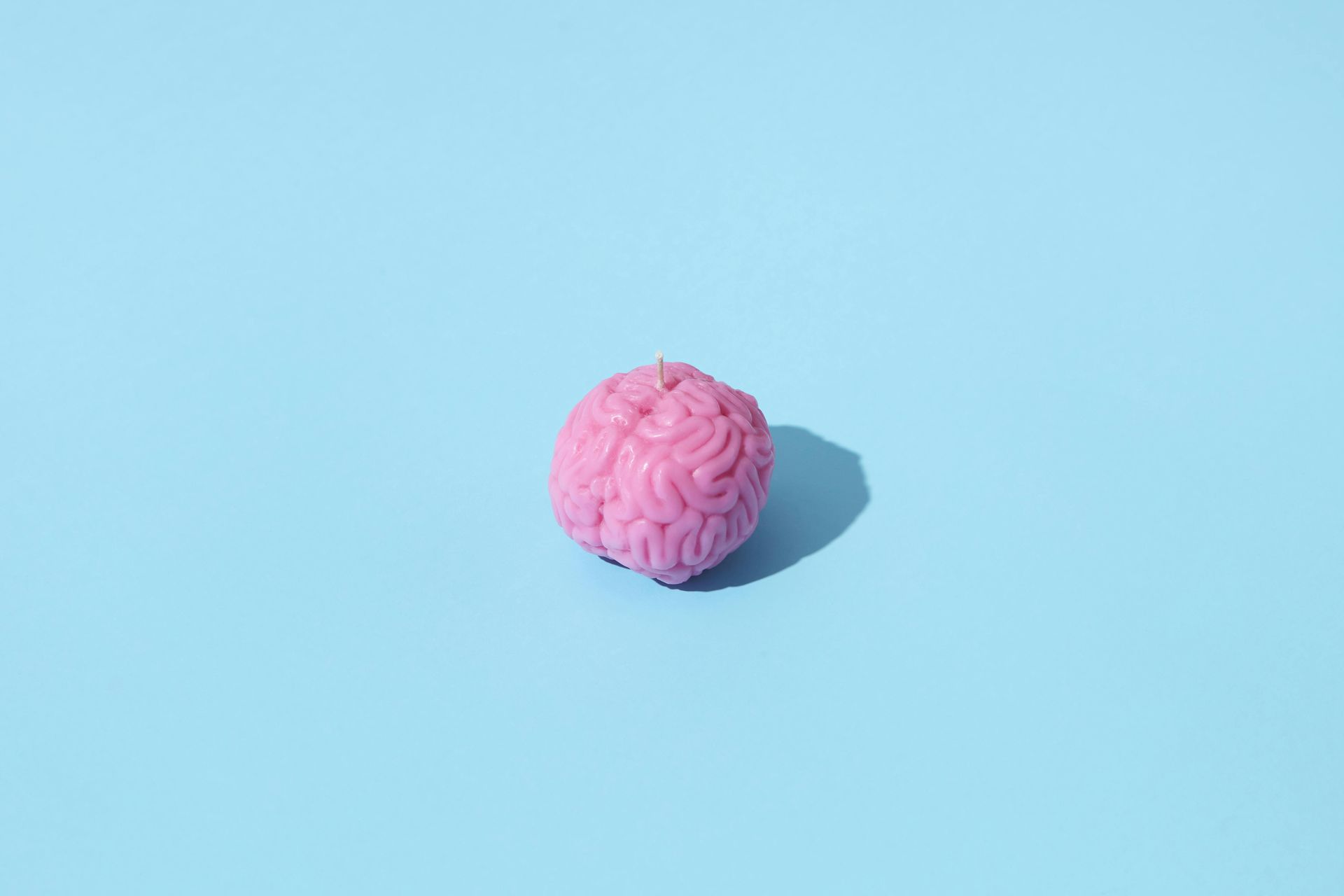January 26, 2026
You've finally decided to reach out for help with anxiety, low mood, or those intrusive thoughts that won't quit. It's a big step. But then the questions start rolling in: Who will I actually be talking to? Are they qualified? Will they understand what I'm going through? These questions matter. That's why we're pulling back the curtain on the Ontario Structured Psychotherapy (OSP) Program . If you're an adult in Ontario struggling with anxiety, depression, traumatic stress, or obsessive-compulsive concerns, OSP offers free, evidence-based mental health support. But more importantly, you'll be working with a team of professionals who are specifically trained, closely consulted, and genuinely invested in your well-being. It's important to highlight that all team members receive training in Indigenous mental health, anti-oppressive care, gender-affirming care, and culturally responsive care. Let's introduce you to the people who might be part of your care journey. Everyone Starts in the Same Place: Your Assessment Clinician Think of your assessment clinician as your mental health guide. This is the first person you'll speak with—by phone or virtually, so no pressure to show up somewhere new when you're already feeling anxious. Assessment clinicians are registered mental health professionals—specifically, registered psychotherapists or registered social workers. Their job is straightforward: listen to what you're experiencing, understand what you need, and connect you with the support that may be best for you right now. What makes them good at this? They receive extensive training in all the conditions OSP treats, are supported by clinical psychologists who provide clinical expertise on best practice, and work collaboratively with clients towards their goals. Your Care Options: Six Paths, One Goal Depending on your need and preferences, you'll work with one of several types of providers. Here's who you might meet: MindBeacon Therapists: Support Through Your Screen If you prefer going at your own pace or your schedule doesn't allow for regular appointments, you might work with a MindBeacon therapist. These are master's-level registered professionals—mostly social workers, along with some psychotherapists and psychologists. Through secure messaging, they'll guide you through cognitive behavioural therapy (CBT) programs at your own pace. You get 12 weeks of active support, plus continued access to materials after that. They're trained specifically in digital care delivery and receive regular consultation with psychologist clinical leads. BounceBack Coaches: Building Skills, One Call at a Time BounceBack coaches work one-on-one with you by phone to help you develop practical skills for managing stress, anxiety, and low mood. While they're not registered clinicians, they bring college diplomas or university degrees (often in mental health fields) and complete about 10 weeks of intensive CBT training before working independently. Coaches receive ongoing consultation from clinical psychologists, their sessions are regularly reviewed, and they have access to an on-call psychologist during every session. You're getting evidence-based tools delivered by someone who's closely supported by experts. CAB Clinicians: Registered Professionals, Focused Sessions CAB clinicians are registered mental health professionals regulated by Ontario colleges—think social workers, nurses, occupational therapists, or psychotherapists. They deliver CBT skills through regularly scheduled sessions designed to address your mood and anxiety concerns. New clinicians go through a supported onboarding process with close oversight, and all CAB clinicians receive ongoing consultation, session reviews, and have an on-call psychologist available throughout program hours. Tranquility Practitioners: Experience Meets Digital Delivery If you're paired with a Tranquility practitioner, you're working with a registered social worker or psychotherapist who holds a master's degree and brings at least three years of experience. They provide video calls and message support, delivering CBT skills through a digital platform. These practitioners are trained in CBT, as well as motivational interviewing and cultural competence, like all the coaches and therapists within the program. Quality assurance reviews and continuing professional development are built into their role. OSP Group and Individual Therapists: When You Need More Intensive Support Most commonly, you’ll start with one of the options above- they are easy to access and have minimal wait times. But if you need more frequent support, you might step up to individual therapy or group therapy with an OSP therapist—a registered social worker or psychotherapist with CBT experience. OSP group and individual therapists provide weekly one-on-one sessions (in-person or virtually). While, all therapists have experience in CBT before joining the OSP team, they also complete five courses in CBT accredited by the University of Toronto, participate in weekly individual consultations and biweekly group consultations with clinical and equity consultants (psychologists), and regularly review recordings of their sessions (with your permission) to ensure they're delivering high-quality, culturally responsive care. The People You Don't See (But Who Are Always There) Behind every provider you work with at OSP- Brampton, Halton, Mississauga are Clinical and Equity Consultants—licensed clinical psychologists with PhDs in Clinical Psychology. They don't provide direct client care, but they're the ones ensuring everyone else is delivering excellent care. These consultants train assessment clinicians, group and individual therapists, review cases, observe sessions, and make sure your care is evidence-based, culturally responsive, and equitable. They complete specialized training in clinical consultation, and like all team members, receive training in the areas mentioned above. This includes Indigenous mental health, anti-oppressive care, gender-affirming care, and culturally responsive care. Think of them as the quality assurance team working behind the scenes to make sure you get the care you deserve. What This All Means for You Here's the bottom line: no matter which OSP provider you work with, you're getting a trained professional who operates within a system designed for quality and safety. Every provider—from coaches to individual therapists—receives training in privacy, ethics, cultural and inclusive care, suicide risk assessment, and safety planning. Every provider has access to clinical psychologists for consultation. Every provider's work is reviewed and supported by clinical psychologists. Ready to Take the Next Step? If you're an adult in Ontario (18+) and need help with sadness, anxiety or stress, reach out to us for support. We have a qualified and compassionate team committed to your health and well-being. Visit OSPcarepointhealth.ca to get started.















